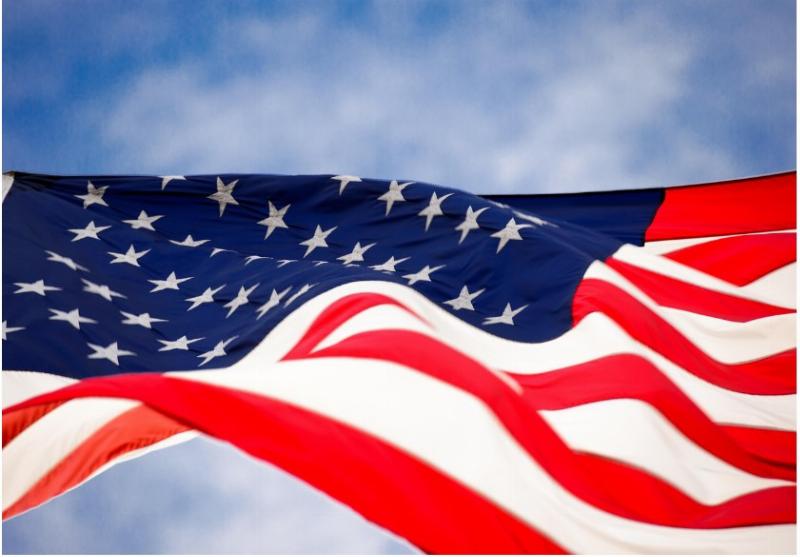Don’t call it the Fourth

Every year around this time I go on a bit of a crusade with my friends and family. They start talking about the Fourth of July -- planning celebrations and expressing their hopes for good weather that day.
It bothers me that this is the only national holiday that's referred to by its calendar date rather than its name. We don't wish people a "Merry December 25th" or "Happy January 1st," do we?
I think it's important to remember what it is we're celebrating.
Thomas Jefferson was the primary author of the Declaration of Independence, a revolutionary document that proclaimed the American colonies' separation from British rule. In a courageous act of defiance against one of the world's most powerful empires, the Continental Congress adopted this document on July 4, 1776.
Referring to this date as "Independence Day" captures this pivotal moment and reminds us that our nation was founded on the principles of liberty, self-governance and the pursuit of happiness. It reminds us of the sacrifices that were made by our Founding Fathers and countless others who risked, and in some cases sacrificed their lives to establish a free, sovereign America.
Referring to this holiday as merely, "the Fourth of July" reduces this pivotal date to a mere date on the calendar. The phrase is not incorrect, but it lacks the depth, the resonance and the emotional impact of "Independence Day."
A calendar date does not evoke the weight of this historical event or the principles and ideals that (ostensibly) continue to shape our national identity. Calling it "The Fourth of July" conjures up images of barbecues, fireworks and parties which, while enjoyable, can overshadow the true purpose of this holiday. Without the historical context of "Independence Day." the celebration runs the risk of becoming simply a generic holiday, disconnected from its roots in the struggle for independence and the revolutionary vision that inspired it.
"Independence Day" carries a significance that transcends the U.S. All across the globe, nations celebrate their own independence days, commemorating their liberation from colonial or oppressive rule. India, Nigeria and Mexico, among others, proudly celebrate their independence and use the term to signify their sovereignty and their national identity.
By referring to the U.S. holiday as "Independence Day," we align ourselves with this global tradition and reinforce the shared human aspiration for self-determination and liberty. This can reinforce a sense of connection and solidarity with other countries while at the same time emphasizing the unique story of our own founding.
When we refer to this holiday as "Independence Day," it calls us to reflect on our nation’s history and principles. It encourages us to consider the relevance of the principles that Jefferson laid out in the Declaration of Independence. It inspires us to honor our past while at the same time contemplating our role in upholding and advancing those principles now, and in the future.
The phrase, "The Fourth of July" feels static, like a generic label that does not invite introspection or connection to our founding ideals. When we prioritize "Independence Day", we keep the true spirit of this holiday alive. We help to ensure that it remains a meaningful celebration of liberty, unity, and the enduring legacy of the American Revolution.
Let's embrace the phrase, "Independence Day," so as to honor the ideals, aspirations and the sacrifices that continue to define the United States.
Image: Pixabay / Pixabay License